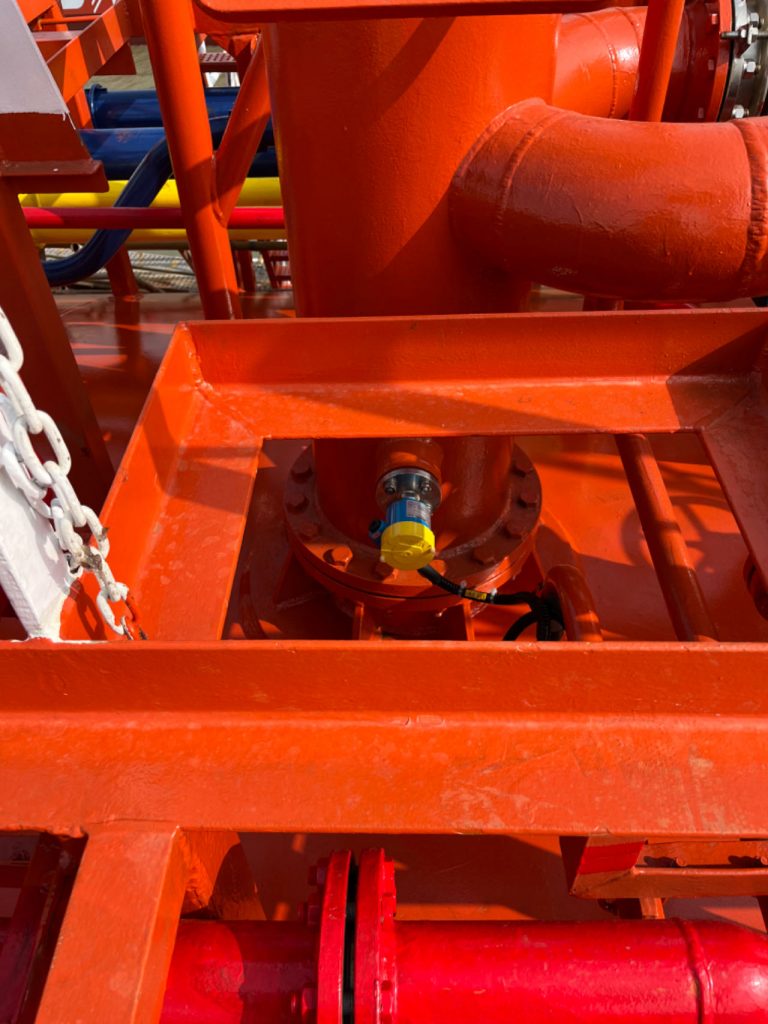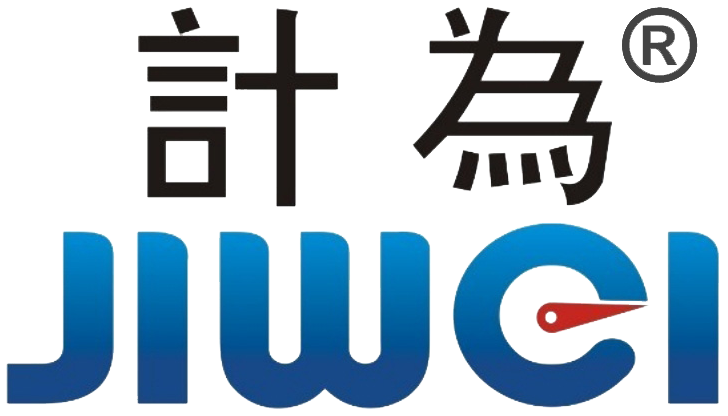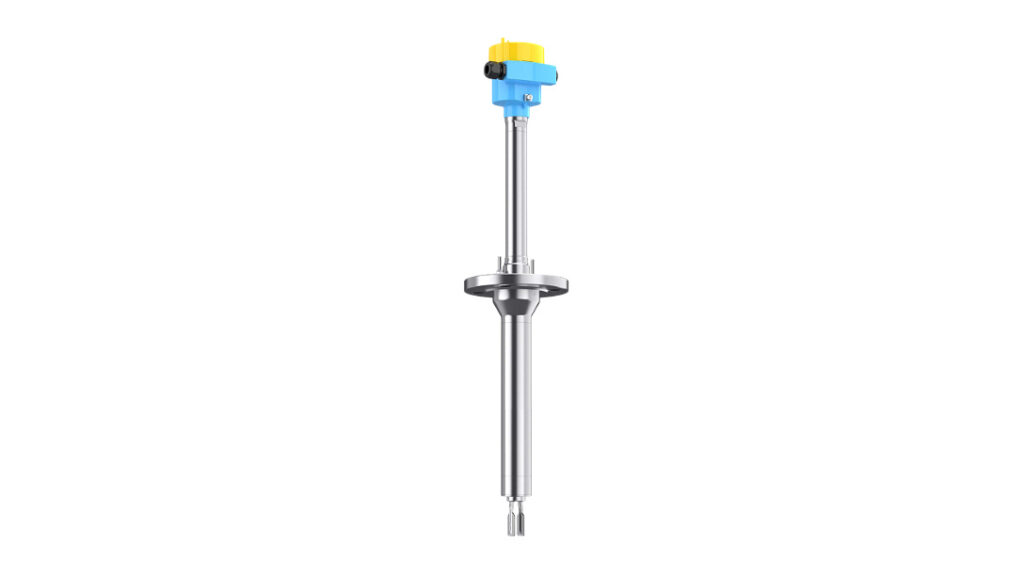Jiwei Liquid Level Tech Empowers BYD’s Shenzhen Ro-Ro Ship
BYD’s Shenzhen Ro-Ro Ship Sets Sail with Jiwei Marine-Level Technology
On July 9th, 2025, the “Shenzhen,” one of the world’s largest automobile roll-on/roll-off (Ro-Ro) ships operated by BYD, embarked once again from Xiaomo International Logistics Port in Shenzhen, China. Loaded with over 6,800 new energy vehicles, it headed for the Port of Zeebrugge in Belgium—marking a major milestone in BYD’s global shipping strategy.
To ensure the safe and efficient operation of this massive vessel, Jiwei’s marine-grade JWrada radar level transmitters and Ring-11 fork liquid level switches provide reliable and precise liquid level monitoring under harsh marine conditions. These instruments play a critical role in maintaining ballast tank stability, fuel management, and overall ship safety, even in high-temperature, corrosive, and vibration-heavy environments.

Marine Liquid Monitoring: The Hidden Force Behind Safe Navigation
The stability and safety of large Ro-Ro ships heavily depend on the accurate monitoring of liquid levels within ballast tanks, fuel tanks, and cooling systems. Jiwei’s level instruments play a vital role in enabling real-time supervision, offering operators critical data for:
- Preventing structural damage due to over-pressurization or underfilling
- Supporting the ship’s automatic calculation of draft, trim, and list
- Enhancing overall vessel attitude control and energy efficiency
Due to the complex locations of measurement points—including forepeak tanks, side tanks, and double-bottom compartments—only high-reliability, marine-grade instruments can withstand the harsh demands of oceanic operation.
Jiwei’s Marine Fork Liquid Level Switches: Precision for Extreme Environments
Jiwei’s Ring-11 marine tuning fork level switch is strategically deployed in high-risk zones such as ballast tank overflow limits and the lower detection points of high-temperature fuel tanks.
Key advantages:
- High temperature resistance up to 400°C, suitable for hot oil or fuel environments
- Non-contact measurement to avoid build-up and reduce maintenance
- High vibration resistance, ideal for moving ships under load
- Fail-safe dry-run and overflow protection, improving safety redundancy
By adopting resonance frequency technology, the Ring-11 tuning fork delivers highly accurate level detection while minimizing false alarms and ensuring continuous operation even in saline, turbulent, and particle-rich fluids.
Radar Level Transmitter for Precision Measurement in Dynamic Tanks
Complementing the tuning fork switches, Jiwei’s JWrada radar level transmitter is implemented in locations requiring high-precision continuous measurement—such as fuel storage tanks, cooling liquid compartments, and dynamic ballast tanks.
Advantages include:
- High-frequency microwave pulse measurement, immune to foam, vapor, and condensation
- Temperature tolerance up to 220°C
- Resistant to marine vibration, salt spray, and temperature gradients
- Supports HART, Modbus, and PROFIBUS protocols, ensuring seamless integration with ship control systems
These radar transmitters provide real-time, stable level data that feed into the ship’s automatic attitude adjustment system, enabling optimized fuel use and enhanced voyage efficiency.
Reliable Liquid Level Monitoring: Backbone of BYD’s Global Fleet Expansion
With six vessels already in operation—including “Explorer No.1”, “Changzhou”, “Hefei”, “Shenzhen”, “Xi’an”, and “Changsha”—BYD has shipped over 70,000 NEVs (New Energy Vehicles) worldwide. Jiwei’s level control instruments form part of the core safety and monitoring infrastructure that enables these ships to function under precise ballast and trim conditions.

The seventh vessel, “Zhengzhou,” has completed sea trials and is expected to enter service soon. An eighth vessel, “Jinan,” is under construction. Once in operation, BYD’s total vehicle shipping capacity will exceed 1 million units annually, establishing a globally competitive maritime logistics corridor for Chinese electric vehicles.
Meeting Marine-Level Challenges with China’s Own Innovation
Harsh maritime environments demand instruments that can endure:
- Corrosive seawater and brine
- Abrasive particles and high-salinity mist
- High-pressure thermal shocks
- Extended vibration and mechanical impact
Jiwei’s fully in-house developed and patented devices are designed specifically for such conditions, and are now field-proven aboard world-class shipping platforms. With software copyrights and invention patents, Jiwei stands among the few Chinese companies offering end-to-end control of sensor design, production, and performance assurance.
Xiaomo Port: Infrastructure Expansion Fuels Export Growth
Supporting BYD’s maritime rollout is Xiaomo International Logistics Port, Shenzhen’s first dedicated automobile Ro-Ro terminal. Phase I of the project has been completed with a ¥1.334 billion investment. Phase II, scheduled for 2027, will add two 70,000 DWT multi-purpose berths. The port is expected to become the core gateway for NEV exports from South China.
A Future Powered by Precision
As China’s NEV industry continues to expand globally, high-quality liquid level detection equipment like Jiwei’s tuning fork and radar solutions are essential for ensuring the safety, efficiency, and intelligence of large-scale maritime transportation.
By embedding indigenous sensor technology into the infrastructure of global logistics, Jiwei is not only enabling the present journey of NEVs “going global,” but also contributing to the long-term development of a smarter, more self-reliant industrial China.
marine radar level transmitter, marine tuning fork level switch, ballast tank level detection, high temperature liquid level sensor, ro-ro ship instrumentation, BYD ship logistics, Chinese process control equipment, NEV export, Xiaomo Port Shenzhen, Jiwei Automations


